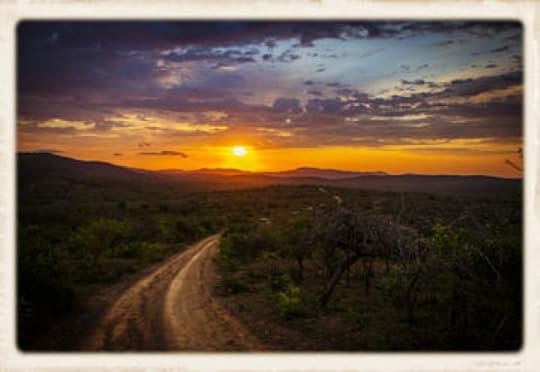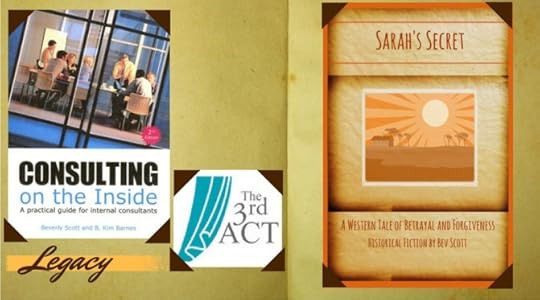Choosing to Leave a Legacy
 Do you wish you knew more about your grandparents or the generations before them? What do you know about the history of your ancestors? What is their legacy for you?
Do you wish you knew more about your grandparents or the generations before them? What do you know about the history of your ancestors? What is their legacy for you?
I have felt regret and wished I had asked more questions, solicited more stories and learned more about the lives of my parents, grandparents and the ancestors before them. That wish has led me to search for the story behind my mysterious grandfather, uncover the rumored family secrets and capture the story of my paternal grandparents’ lives in fictionalized form.
The story title “Sarah’s Secret: A Western Tale of Betrayal and Forgiveness” is a legacy I want to leave for my daughter, grandsons and extended family. In addition, time with my grandsons, sharing family stories and taking them on adventures is a legacy, too. I hope they remember time spent with Grandma for future guidance and reminiscing.
I learned a few years ago legacy is not necessarily limited to the personal memories others have of us when we die but that we can leave an intentional legacy designed before the end of our lives to support future generations. I updated, as a second edition, a professional book which was a concrete and practical way of providing guidance to future young professionals. It also provided me a way of reflecting on my own years of experience as a consultant, capturing my learning from both the successes and failures and offering some insight and perhaps wisdom based on that experience. That book has served as a professional legacy for my years as an organization and leadership consultant.
 Another intentional professional legacy I am leaving is “The 3rd Act” program I co-created and turned over to my business partner in 2014. As the bulging demographic of baby boomers now reaching 60 continues, they will be responding to the question that poet Mary Oliver asks, “Tell me, what do you plan to do with your one wild and precious life?” In researching the work on positive aging for The 3rd Act, we found that investing ourselves in activities or causes outside ourselves, is one of the more significant contributions to healthy aging. Thus I hope The 3rd Act, as one of my legacies, supports the quest of coming mature generations for their intentional legacies.
Another intentional professional legacy I am leaving is “The 3rd Act” program I co-created and turned over to my business partner in 2014. As the bulging demographic of baby boomers now reaching 60 continues, they will be responding to the question that poet Mary Oliver asks, “Tell me, what do you plan to do with your one wild and precious life?” In researching the work on positive aging for The 3rd Act, we found that investing ourselves in activities or causes outside ourselves, is one of the more significant contributions to healthy aging. Thus I hope The 3rd Act, as one of my legacies, supports the quest of coming mature generations for their intentional legacies.
And finally, there is a will, the document that many of us think of when we hear the term “legacy.” Somehow for me, this is the least significant component of my legacy. My material and financial resources bear little connection to the person I am, to the story inspired by the lives of my grandparents, the contribution I have made to learning, making the world a better place or raising a daughter and influencing her children. For now, I hope my novel, my professional books and articles, The 3rd Act and personal time spent with family and community organizations are all memorable legacies. And there may be more to come.
What is your legacy? Have you given thought to intentional creating your professional or personal legacy? What will you leave for your family and the generations that follow? What is your intentional legacy?
(An earlier version of this blog was posted in February 2014, and a longer version was published in “Seasonings: A Journal of Senior OD Practitioners,” Volume 7, Number 1, Winter 2010.)




